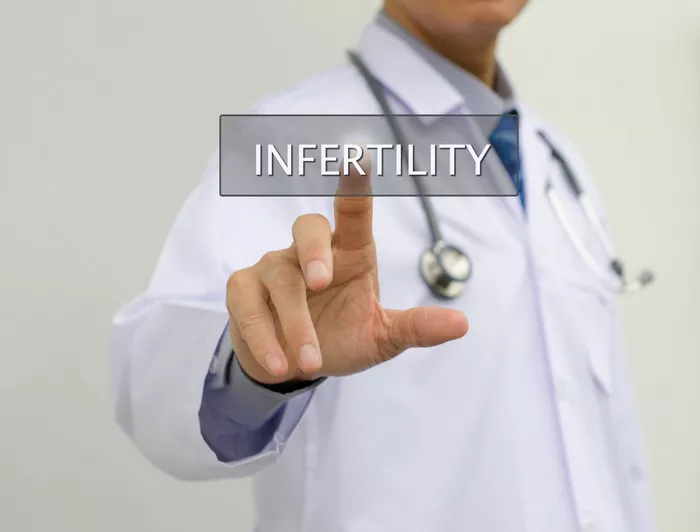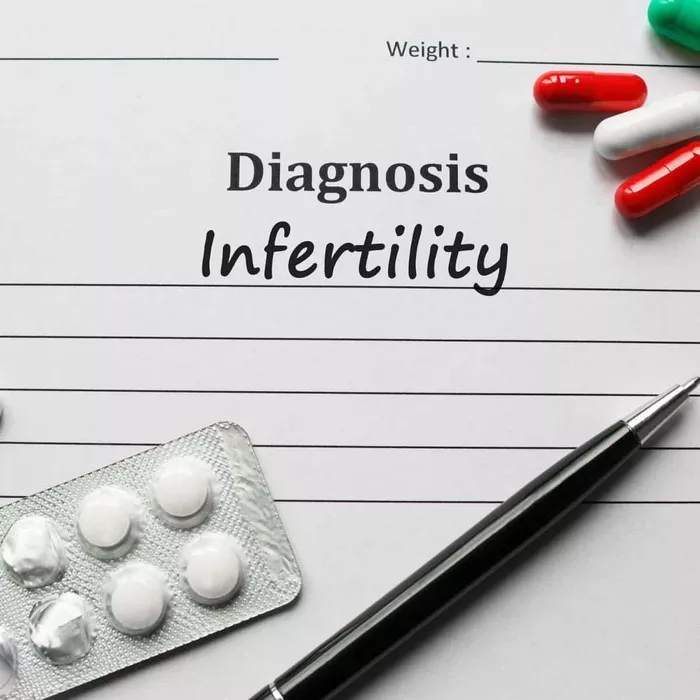Teratozoospermia, a condition characterized by abnormal sperm morphology, plays a crucial role in male infertility. Sperm morphology refers to the size and shape of sperm cells, and when a significant percentage of sperm have abnormalities, it can hinder the fertilization process. Diagnosing teratozoospermia involves assessing sperm samples under a microscope to determine the percentage of abnormal sperm. Typically, a normal sperm morphology is considered when at least 4% of the sperm have a normal shape.
Impact on Male Fertility
Teratozoospermia can have a profound impact on male fertility and the chances of natural conception. Sperm with abnormal morphology may have difficulty reaching and penetrating the egg, leading to reduced fertilization rates. Even if fertilization occurs, abnormalities in sperm morphology can increase the likelihood of genetic defects in the resulting embryos, leading to failed implantation or early pregnancy loss. Therefore, couples affected by teratozoospermia may face challenges in conceiving naturally.
Potential Correlation with Miscarriage
Research into the relationship between teratozoospermia and miscarriage has yielded mixed results. While there isn’t conclusive evidence linking teratozoospermia directly to miscarriage, several studies have suggested an association between poor sperm quality and an increased risk of pregnancy loss. The exact mechanism underlying this correlation remains unclear, but it’s theorized that abnormalities in sperm morphology may contribute to chromosomal abnormalities in the embryo, leading to miscarriage.
Exploring Genetic Factors
The possibility that teratozoospermia may have a genetic origin raises concerns about its potential impact on miscarriage rates and the health of offspring. If teratozoospermia is caused by genetic factors, it could increase the risk of miscarriage or result in the birth of a child with health issues. Genetic testing may be recommended for couples dealing with teratozoospermia to assess the risk of passing on genetic abnormalities to their offspring and to inform reproductive decision-making.
Fertility Treatment Options
For couples facing infertility due to teratozoospermia, various fertility treatments offer hope for achieving pregnancy. Intrauterine Insemination (IUI) involves placing washed and concentrated sperm directly into the uterus around the time of ovulation to improve the chances of fertilization. In Vitro Fertilization (IVF) is another option, where eggs are retrieved from the ovaries and fertilized with sperm in a laboratory setting before transferring the resulting embryos into the uterus. Intracytoplasmic Morphologically Selected Sperm Injection (IMSI) is a specialized form of IVF that involves selecting sperm with the best morphology for injection directly into the egg.
Success Rates and Risks of Fertility Treatments
While fertility treatments offer hope for couples struggling with teratozoospermia, it’s essential to consider their success rates and associated risks. Success rates vary depending on various factors, including the woman’s age, the quality of the eggs, and the severity of the male partner’s sperm abnormalities. Generally, IVF success rates range from 20% to 40% per cycle, with higher success rates observed in younger women. However, fertility treatments also carry risks, including multiple pregnancies, ovarian hyperstimulation syndrome, and the potential for emotional and financial strain.
Counseling and Support for Couples
Coping with infertility and the emotional impact of miscarriage can be challenging for couples dealing with teratozoospermia. It’s essential for couples to receive adequate counseling and support throughout their fertility journey. Counseling can help couples navigate the emotional ups and downs of infertility, manage stress, and make informed decisions about treatment options. Support groups and online communities can also provide valuable peer support and a sense of belonging for couples facing similar challenges. Additionally, seeking support from mental health professionals trained in infertility counseling can provide couples with the tools they need to cope effectively and maintain a strong relationship during this difficult time.
Conclusion
In conclusion, teratozoospermia can significantly impact male fertility and the chances of natural conception. While the direct correlation between teratozoospermia and miscarriage remains uncertain, addressing sperm abnormalities is crucial for couples seeking to overcome infertility and achieve a successful pregnancy. Genetic factors may also influence the risk of miscarriage and the health of offspring, underscoring the importance of comprehensive testing and counseling for couples affected by teratozoospermia. Fertility treatments offer hope for couples struggling with infertility, but it’s essential to consider their success rates, risks, and the need for emotional support throughout the journey. By providing comprehensive care that addresses both the medical and emotional aspects of infertility, healthcare providers can help couples navigate the challenges and increase their chances of achieving their dream of parenthood.























